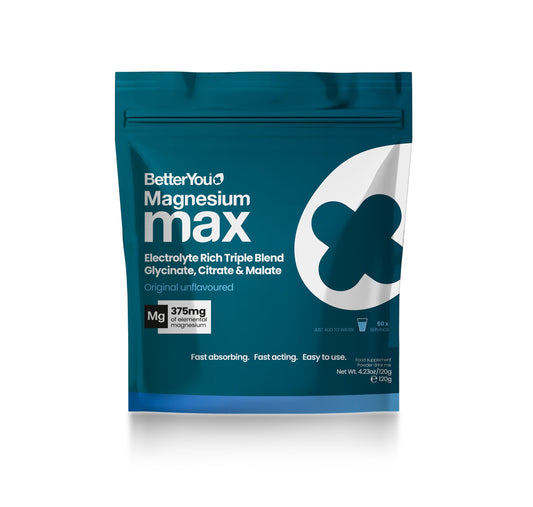Despite a growing awareness of vitamin D and its importance to our wellbeing, deficiency is estimated to affect over 10 million people in the UK alone. Vitamin D has now overtaken vitamin C as the best-selling single food supplement in the UK and yet, 1 in 6 adults and 1 in 5 children are considered deficient in the ‘sunshine’ vitamin.
At BetterYou, we’re the experts in effective vitamin D supplementation and our award-winning range of Vitamin D Oral Sprays has been designed to improve intake for everyone, whatever your age, genetic make-up or lifestyle.
We’re on a mission to eradicate vitamin D deficiency once and for all and this year, we’re running our biggest public awareness campaign yet!







